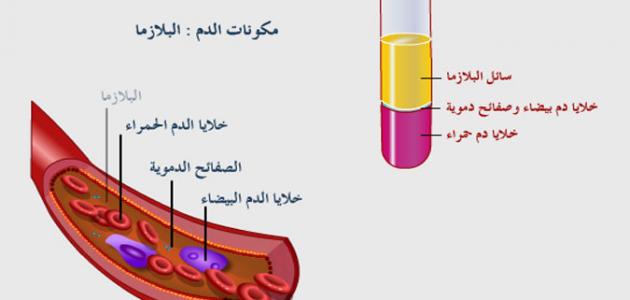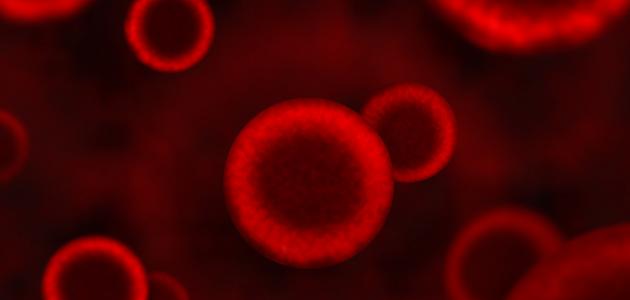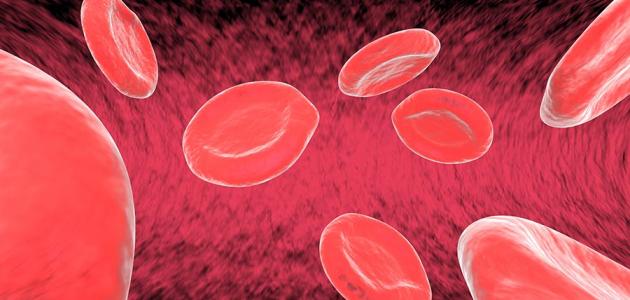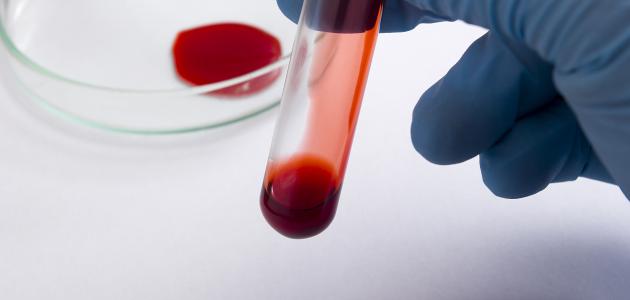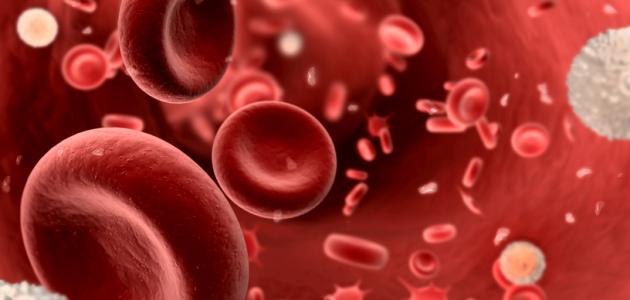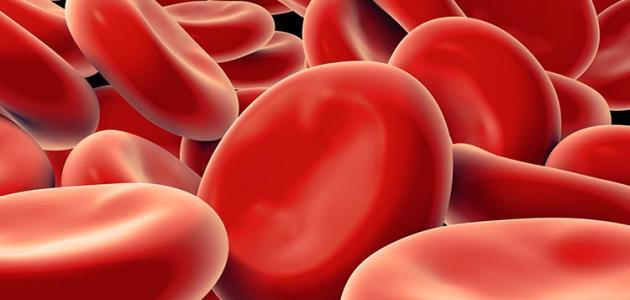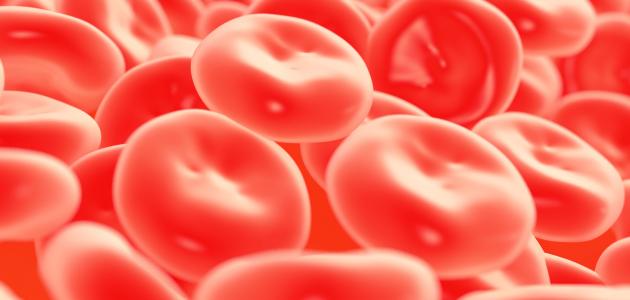Contents
Blood bacteria
Blood bacteria are a type of bacteria that attack the blood, causing it to bacterium. The blood is usually known as its sterile environment, and if something happened that led to the bacteria in this environment to germinate through the presence of bacteria in it, this is categorically considered abnormal.
Reasons for the occurrence of blood bacteria
There are some reasons that lead to the presence and entry of these bacteria into the blood and its course, including severe complications resulting from infection such as meningitis, pneumonia, or during surgery, and what enters the arteries or veins such as drugs. And one of the most frequent reasons specifically in hospitals, which expose the blood to contamination through these bacteria, catheters provide the means that work to find bacteria on the skin that may enter the bloodstream. In addition to the presence of other causes for blood bacteria, including: colitis, herpes, medical procedures taken in dentistry, rectal and colon cancer, surgery in the oropharynx, reproductive system, gastrointestinal or exploratory surgery, and salmonella infection.
People who are most susceptible to infection with blood bacteria
- People whose immune system is weak and not working well, such as those with diseases such as AIDS, or because they are taking medical treatment such as steroids, especially those taken in the long term, or chemotherapy.
- Elderly people.
- Diabetics, especially those who have been afflicted for a long time, and also those with cirrhosis.
- The person who has had his spleen removed, as the spleen works to combat some infectious diseases.
- Too young.
- Who suffers from a critical injury or very severe burns.
- People with infections such as lung infections, cell tissue and peritoneum, and what was mentioned above.
- Babies because their immune systems are not fully developed.
This does not rule out that healthy people and those without it are not infected with blood bacteria.
Signs and symptoms of blood bacteria
- Irritability and confusion.
- A rash that may be reddish or small, dark red spots.
- Fever a few times.
- Rapid heartbeat. Low blood pressure, which was often noticed.
- Pain in the joints of the elbows, back, wrists, knees and ankles.
Treating blood bacteria
The patient is given oxygen in the hospital through a tube located near the nose, or a transparent plastic mask, and based on the results of the tests, the doctor prescribes drugs that may include antagonists administered directly into the vein, and in the event of severe hypotension, the patient is given drugs that increase blood pressure, and a solution the salt.

